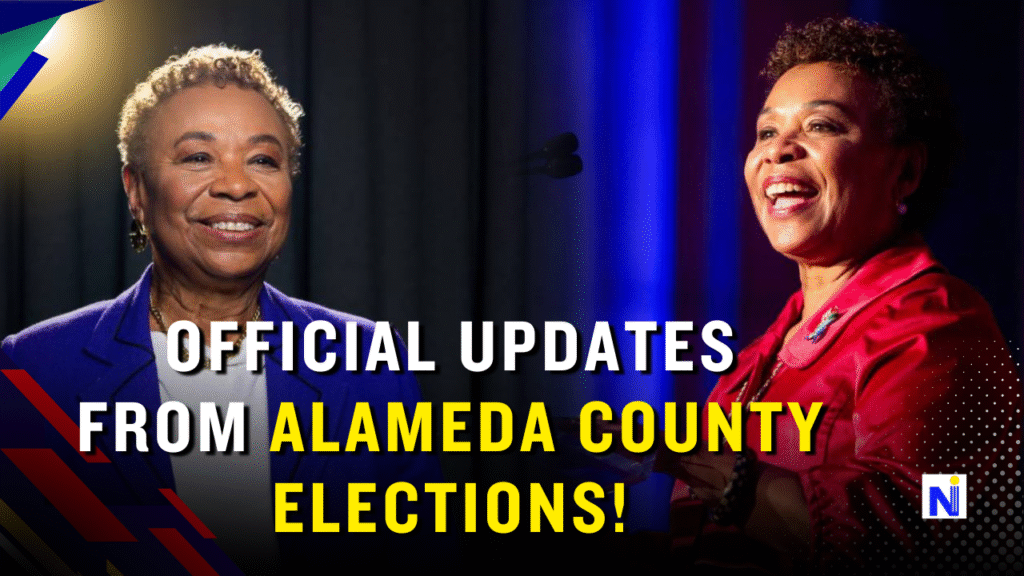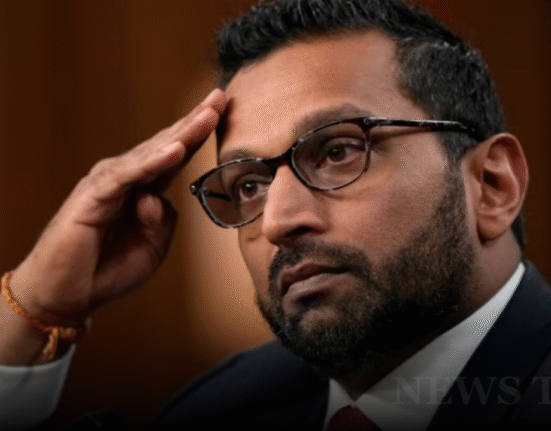
Oakland’s skyline glowed under the twilight of April 15, 2025, as barbara lee—the 78‑year‑old progressive stalwart—found herself unexpectedly catapulted to the front of a tight mayoral contest. Voters, weary from months of headlines about crime spikes, record homelessness, and a looming $87 million budget shortfall, poured their hopes into this special election. The first tallies showed Lee with 53 percent of the vote to challenger Loren Taylor’s 47 percent, prompting major outlets like the San Francisco Chronicle to call the race in her favor. It was a stirring moment that captured both relief and uncertainty: relief that Oakland might finally pivot from crisis mode, and uncertainty about how a seasoned Washington veteran would adapt to the nitty‑gritty of City Hall.
The Ranked-Choice System: Oakland’s Democratic Experiment
How Ranked-Choice Voting Works
- Multiple Preferences: Voters rank up to five candidates in order of preference.
- Elimination & Redistribution: If no one achieves >50 percent initially, the lowest-ranked candidates are eliminated and their votes redistributed based on next preferences.
- Efficiency vs. Complexity: No separate runoff election—but counting can stretch into days or weeks.
Pros and Cons for Special Elections
Pros:
- Cost Savings: Eliminates expensive runoffs.
- Voter Engagement: Allows nuanced choices.
- Broad Appeal: Favors consensus candidates.
Cons:
- Counting Delays: Results can linger, as Alameda County has shown in past cycles.
- Voter Confusion: Ballots can feel overwhelming, especially with nine names to rank.
The Candidates: Experience vs. Innovation
A Progressive Icon Steps Back into Local Politics
After nearly three decades in Congress, where she championed anti‑war policies and fought systemic racism, Lee answered calls from business, labor, and community leaders to rescue Oakland from turmoil. Her résumé boasts hundreds of millions in federal funding for the East Bay, and her roots in the Black Panther movement give her a storied activist pedigree.
“I decided to run for Mayor knowing that Oakland is a deeply divided City — and I ran to unite our community,” Lee said in a Friday statement.
The Challenger: A New Generation of Leadership
Thirty years Lee’s junior, Loren Taylor brings private‑sector management chops and four years on the Oakland City Council. He framed the city as “broken” and pitched himself as a no‑nonsense executor who wouldn’t shy from tough budget cuts or unpopular—but necessary—decisions.
“We have to look internally and see what we need to fix so that we can do better,” Taylor told supporters in early April.
Key Issues Driving Voter Sentiment
Oakland residents’ ballots were influenced by a constellation of local challenges:
- Crime & Public Safety
- Homelessness & Housing
- Budget Shortfall & Fiscal Reform
- Government Transparency
Crime and Public Safety
- 2024 saw a 12 percent increase in property crime compared to the previous year.
- Lee pledged to hire 50 more officers and invest in community policing.
- Taylor proposed repurposing underused offices for neighborhood safety centers.
Homelessness and Housing Solutions
- An estimated 5,400 individuals are unsheltered in Oakland.
- Lee’s plan: expand vouchers and partner with nonprofits to convert vacant lots into tiny‑home villages.
- Taylor’s approach: stricter encampment enforcement near schools and stores, plus incentives for developers to build low‑income units.
Financial Stability and Budget Cuts
| Issue | Barbara Lee | Loren Taylor |
|---|---|---|
| Budget Deficit | Advocate federal grants and targeted cuts | Immediate departmental reviews |
| Long-Term Debt | Issue municipal bonds, restructure existing debt | Outsource noncore services for savings |
| Transparency | Monthly town halls and an open‑data portal | Quarterly performance audits |
Election Night Drama: From Early Counts to Final Tally
The Surge: From Trailing to Leading
Initial reports had Taylor up by ~1,200 votes, but as absentee and ranked‑choice transfers were tallied, Lee overtook him. By 8 p.m., with ~95 percent of ballots counted, her margin crossed the majority threshold—enough for many media outlets to project her victory.
What’s Next: Final Certification and Swearing‑In
- Certification: Alameda County officials will verify all mail‑in and provisional ballots by April 25, 2025.
- Transition: Lee’s team expects her inauguration in early May, leaving just over a year before November 2026’s regular mayoral election.
Implications for Oakland and Beyond
- Local Governance: A Lee administration may blend federal know‑how with grassroots activism, potentially reshaping city‑state relations.
- Progressive Movement: Her win signals that established progressives still resonate in urban centers.
- National Attention: Observers in other cities may study Oakland’s special election as a case study in ranked‑choice dynamics.
Oakland’s special election was more than just a race—it was a referendum on the city’s future. From the drama of ranked‑choice tallies to the historic candidacy of barbara lee, this contest underscored both the challenges and possibilities facing urban America. Share your thoughts in the comments!






